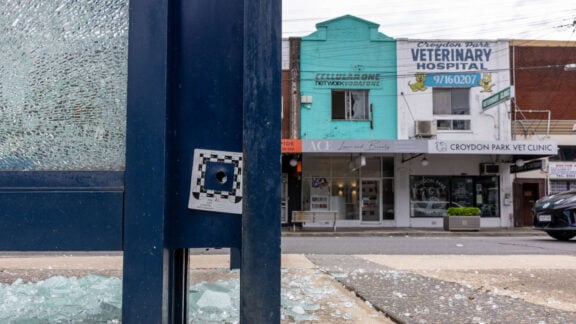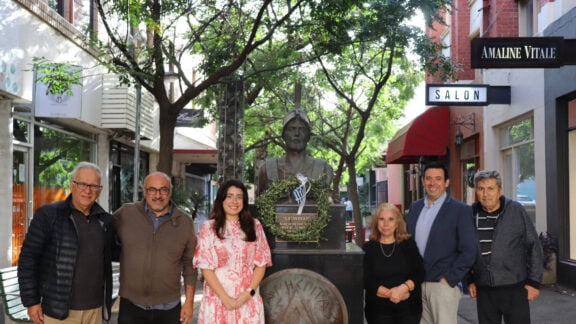Researchers are aiming to preserve the Romeyka language, an archaic Greek langauge spoken by only few thousand in northern Turkey that is said to be more similar to Ancient Greek than Modern Greek.
Romeyka has been described as a “living bridge to the ancient world” and experts think it is a linguistic goldmine.
The exact number of speakers is hard to determine, with a high proportion of its speakers in Trabzon over 65-years-old and fewer young people learning the language.
What makes it harder is Romeyka doesn’t have a writing system and has only survived verbally in the mountain villages near the Black Sea coast.
With the dialect threatened to disappear, a crowdsourcing tool has been launched to record it.
Leading the initiative is University of Cambridge Professor of Spanish and Historical Linguistics and Co-Director for the Cambridge Centre for Greek Studies Ioanna Sitaridou.
Sitaridou’s most important findings include the conclusion that Romeyka descends from Hellenistic Greek not Medieval Greek, making it distinct from other Modern Greek dialects.
“Romeyka is a sister, rather than a daughter, of Modern Greek,” Sitaridou said.
“Essentially this analysis unsettles the claim that Modern Greek is an isolate language” – meaning it is unrelated to any other European language.
The language is derived from the Pontian language and would be used by Muslims in the Pontus region of Asia Minor.
“Conversion to Islam across Asia Minor was usually accompanied by a linguistic shift to Turkish, but communities in the valleys retained Romeyka,” Sitaridou said.
“And because of Islamization, they retained some archaic features while the Greek-speaking communities who remained Christian grew closer to Modern Greek, especially because of extensive schooling in Greek in the 19th and early 20th centuries.”
She said speakers are reluctant to identify Romeyka as one of their languages as Turkish nationalists go against speaking Greek while Greek nationalists find these language variations to be ‘contaminated’ or ‘disruptive’ to the “ideology of one single Greek language spoken uninterruptedly since antiquity.”
Sitaridou has used her research to raise awareness of the language in Greece, Turkey and beyond.
In Greece she has co-introduced a new course on Pontic Greek at the Democritus University of Thrace since the number of speakers of Pontic Greek is also dwindling.
“Raising the status of minority and heritage languages is crucial to social cohesion, not just in this region, but all over the world,” she said.
“When speakers can speak their home languages they feel “seen” and thus they feel more connected to the rest of the society; on the other hand, not speaking the heritage or minority languages creates some form of trauma which in fact undermines the integration.”









